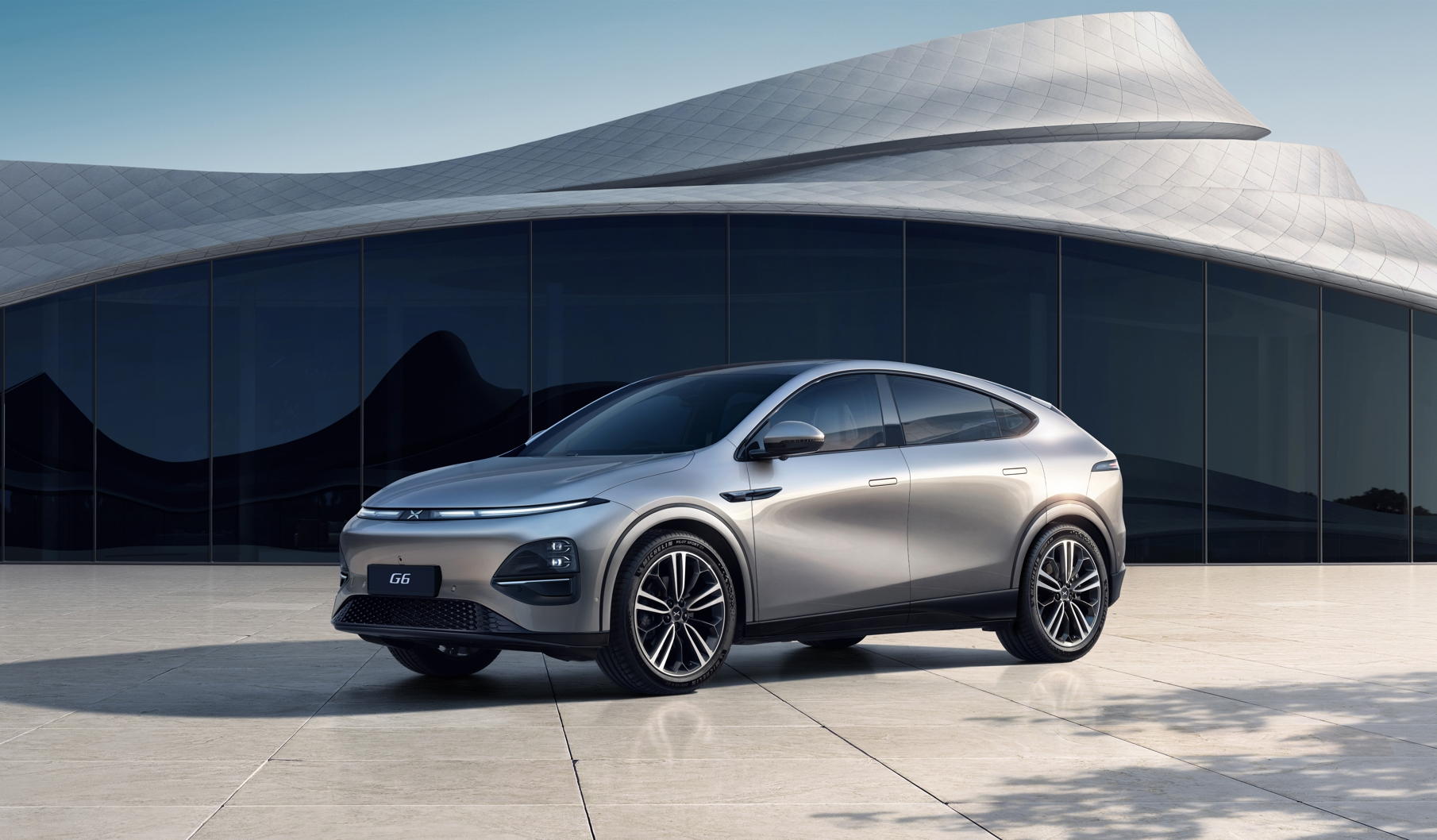US Proposes Ban On Chinese, Russian Components In Cars

US proposes ban on sale of cars with Russian- or Chinese-made parts, amidst fears of spying or mass-scale disruption
The US Commerce Department has proposed a far-reaching ban on the sale in the US of connected and autonomous vehicles containing Chinese or Russian software or hardware, characterising the move as a national security measure.
Foreign adversaries could take control of vehicles and cause chaos during a conflict or collect data on Americans’ driving habits, potentially exposing personal information such as their home addresses and where their children go to school, administration officials said.
“This is a strictly national security action. The good news is right now, we don’t have many Chinese or Russian cars on our road,” said US Commerce Secretary Gina Raimondo in a briefing with reporters.
The ban would take effect for software for the 2027 model year and for hardware in the 2030 model year, or on 1 January 2029 for units without a model year.

Espionage fears
The administration said the measure was critical given that cars are now equipped with microphones, cameras, GPS and Bluetooth that make them ideal spying devices.
Russia was included in the measure as the country is trying to “breathe new life into its auto industry”, but China is the focus, administration officials said on the call.
While there are few Chinese or Russian automobiles on US roads, the situation is different in Europe and other regions, which should serve as “a cautionary tale” for the US, Raimondo said.
Imported Chinese-owned vehicle brands took 7.6 percent of the electric vehicle market in Europe in 2023, more than doubling from 2.9 percent in 2020, according to the European Automobile Manufacturers’ Association.

Car imports
When the figure includes Western-owned EV brands manufactured in China, such as BMW and Tesla, the figure rises to 21.7 percent.
“Who controls these data flows and software updates is a far from trivial question, the answers to which encroach on matters of national security, cybersecurity, and individual privacy,” wrote Janka Oertel, director of the Asia programme at the European Council on Foreign Relations, on the council’s website.
A senior US official said on the call that terms of service contracts included with vehicle technology make it clear that data from the vehicles makes its way to China.
“We’re issuing a proposed rule to address these new national security threats before suppliers, automakers and car components linked to China or Russia become commonplace and widespread in the US automotive sector,” Raimondo said.
National security
“In an extreme situation, foreign adversaries could shut down or take control of all their vehicles operating in the United States all at the same time,” she said.
The rules, which the administration hopes to finalise by January, cover all wheeled vehicles on public roads, but not agricultural or mining vehicles operating on private roads.
Auto group the Alliance for Automotive Innovation has said it could be difficult to quickly replace Chinese components.
“You can’t just flip a switch and change the world’s most complex supply chain overnight,” said alliance chief John Bozzella in a statement.